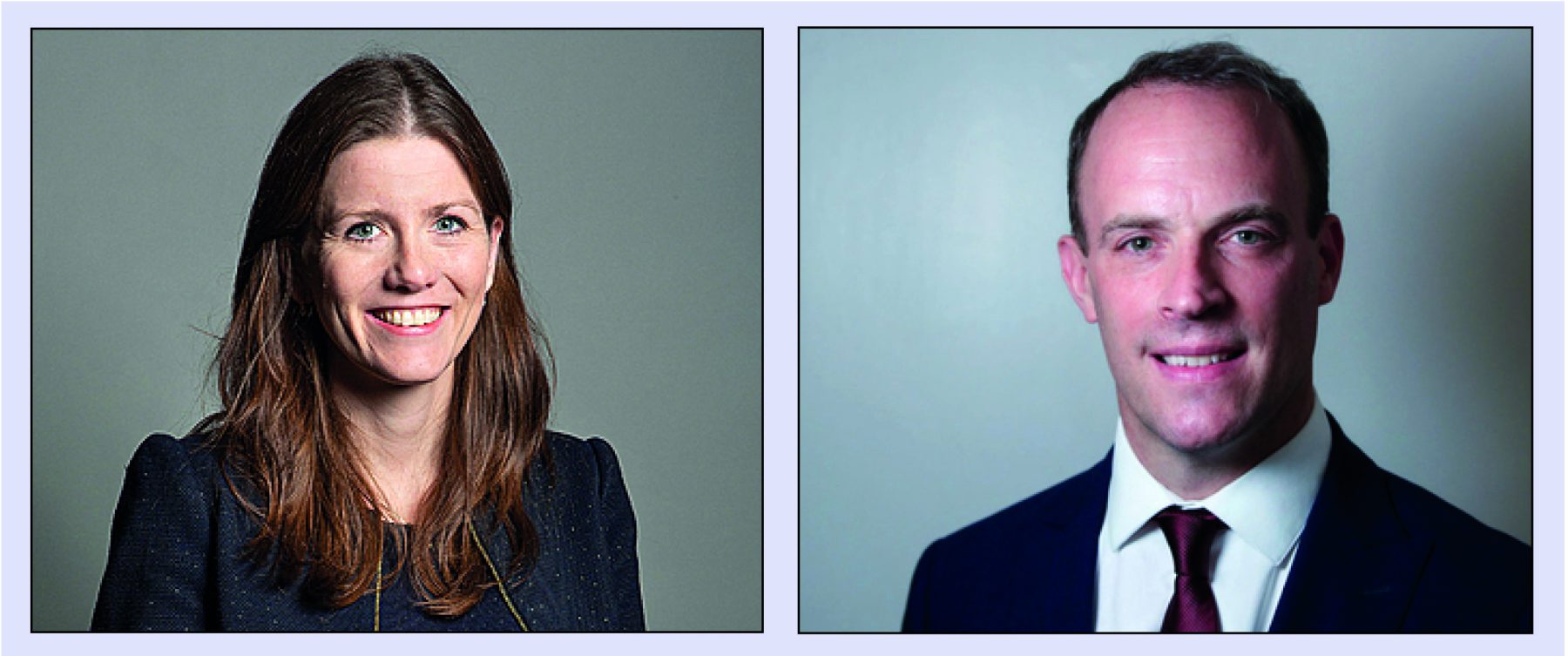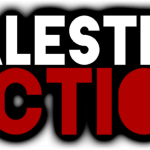As Britain’s third Prime Minister this year, Rishi Sunak, takes office there are some pressing media issues in the government’s in-tray, writes David Worsfold.
These will fall to the new Culture Secretary, Michelle Donelan, and the Justice Secretary, Dominic Raab, to get to grips with and shape the new government’s relationship with the media.
Donelan, the former universities minister who was very briefly Education Secretary in July, will take charge at the Department for Digital, Culture, Media and Sport. She is the 11th Conservative Culture Secretary in the last 12 years. She took over from Johnson loyalist Nadine Dorries who resigned when Liz Truss was elected Prime Minister at the beginning of September.
Donelan has been an MP for Chippenham since 2015 and was briefly promoted to Education Secretary by former PM Boris Johnson amid the wave of resignations in July, resigning just two days later to make her the shortest serving cabinet minister in British history. She used to work in marketing and had a stint in the United States with World Wrestling Entertainment. She also worked in Australia for Pacific Magazines, the publisher company of Marie Claire Australia, InStyle and Women’s Health, and for The History Channel.
Her predecessor Dorries was a champion of the tougher content regulation legislation embodied in the Online Safety Bill. This was originally tabled in Parliament in May but has twice been withdrawn during the autumn session as the government ripped up many of its predecessor’s legislative plans. No date has been set for its return.
The Bill is divisive with children’s safety campaigners urging its early adoption while free speech advocates want the hiatus used for a rethink amid fears of excessive state surveillance of private communications.
When it comes to the broadcasting part of her brief, Donelan has previously questioned the future of the BBC licence fee but was careful to avoid this issue when she praised the BBC as part of its centenary celebrations last month.
She has also pledged to “thoroughly” review the proposal to privatise Channel 4, suggesting that there will at least be a substantial delay in pushing ahead with this or even an abandonment of the plans: “We have a fantastic, growing creative industry in this country, which relies on platforms like C4, and that is part of the decision-making process of course,” she told Parliament in September.
Dominic Raab returned to the government as Justice Secretary and Deputy Prime Minister, having been sacked from the government by Truss a month earlier.
His key priority will be deciding whether to resurrect his earlier proposal for a UK Bill of Rights to replace the Human Rights Act. This was on the government’s agenda under Johnson and Truss but Sunak has been silent on whether he will proceed with it.
The Justice Select Committee added to the Justice Secretary’s in-tray on 1 November with a wide-ranging report on public access to justice, including recommendations on court reporting.
The committee’s report on open justice and court reporting in the digital age, published on Tuesday, found that the decline in news coverage of the courts is “concerning” and “has had a negative effect on open justice in England and Wales”.
It identified numerous barriers to the media and wider public attending court and urged that these should be removed. It highlighted the decline of traditional print and local media which created a significant gap in the reporting of court proceedings. The committee suggested creating a digital portal so full information on cases can be accessed more freely.
• Press Gazette carried a useful round-up of Sunak’s approach to the media








